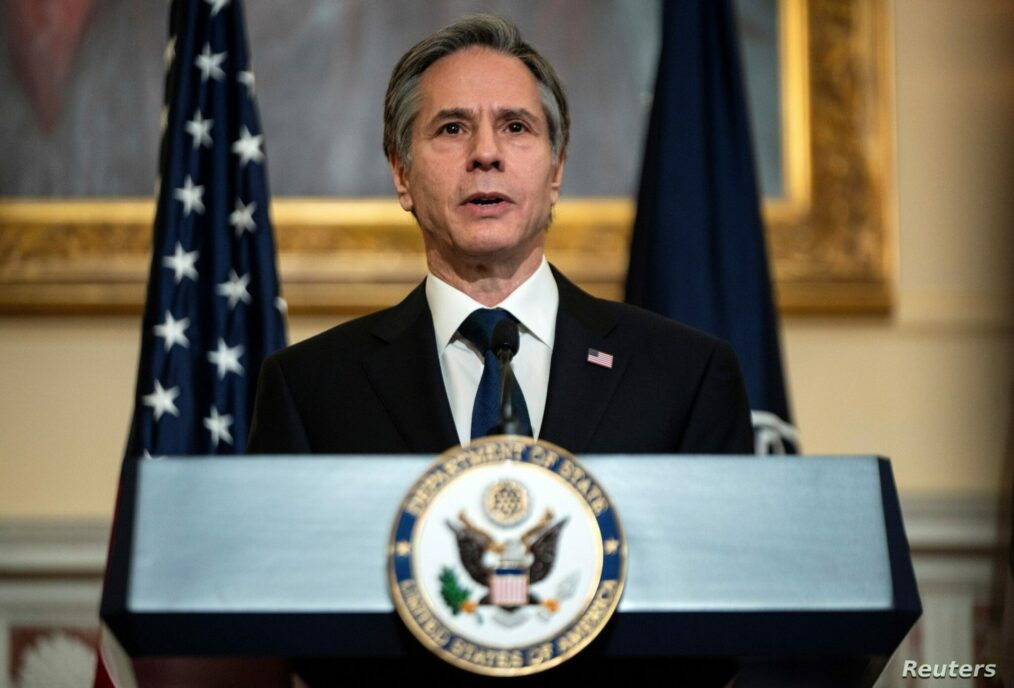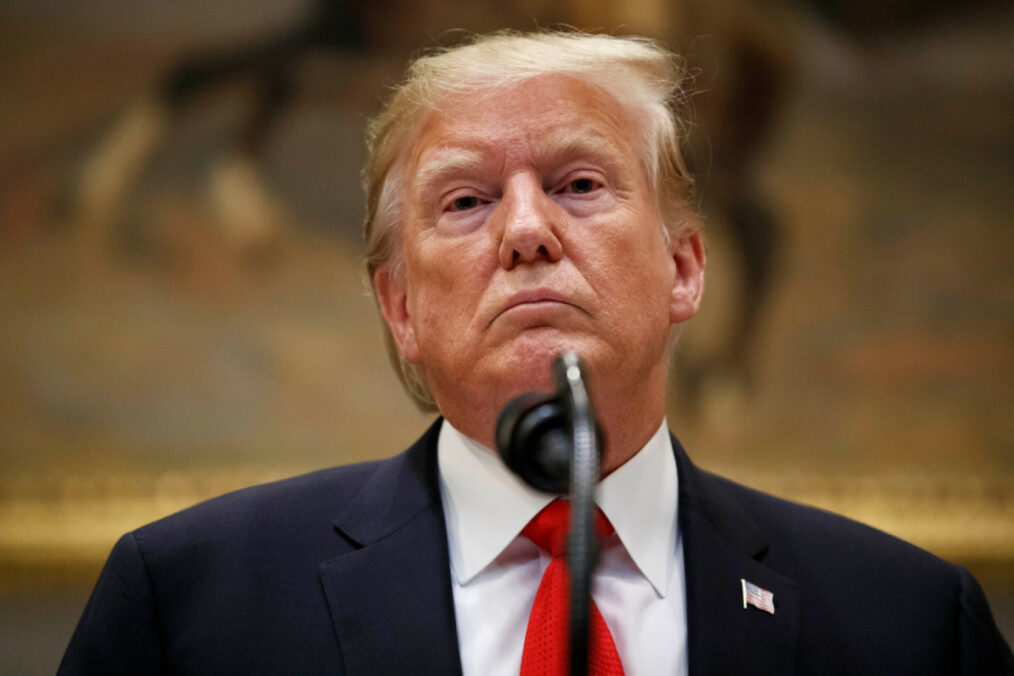Secretary of State Antony Blinken’s letter to President Ghani and Chairman Abdulla Abdulla addressing the Afghan peace process highlights its complexity and challenges. It has come at a crucial time in the process, as it states and establishes the proposals of the new American Administration under President Joe Biden. This introspective outlook helps dissect Blinken’s letter and its recommendations for policy and the need for diplomatic efforts in the Afghan peace process.
Blinken’s letter highlights the importance of diplomatic efforts, suggesting that diplomatic efforts should include all parties involved in the conflict, as well as the regional counties, and the United Nations. Blinken’s reference to the United Nations is important due to the United States’ (US) high regard for the power and functions of the UN. Particularly as he intends to ask the UN to “convene Foreign Ministers and envoys from Russia, China, Pakistan, Iran, India, and the U.S to discuss a unified approach to supporting peace in Afghanistan”.
The U.S also intends to ask Turkey to host a meeting between both sides, as a mediating actor that will facilitate the negotiation process. The remaining sections of Blinken’s letter focuses on reiterating the importance of collaboration to build on the goals and objectives that have been previously stipulated. However, the recommendations have to extend far beyond its current scope.
Policy Recommendations
We know that there are no universal plan for a successful peace agreement the process is complicated. From previous negotiations we know that certain principles implemented by the U.S. have been previously shown not to work in Afghanistan. Moreover, the U.S needs to carefully assess the historical aspects that have shaped Afghanistan and the reshaping of Afghan borders throughout its history.
The U.S needs to take an approach to better understand why past Afghan leaders have had great difficulty in uniting the country and in building a strong central government. The role of different tribes also needs to be taken into consideration, with their plethora of tribes each with their own traditions, policy needs to encompass this. Without this understanding a unified country and government may not be adequately achieved.
Afghan citizens are just as important to the peace process as the military forces and the Taliban, if left out of the process, Afghanistan’s people will follow those who speak to their needs. There must be a common goal and understanding throughout the region, particularly between Afghanistan and Pakistan.
What should the Afghan government do?
The Afghan government should keep working closely with the United States because a link has been created that cannot be easily broken.
However, Afghanistan should work more with the region, particularly with Pakistan. With help from Pakistan, the Afghan government will be able to better communicate with the Taliban. This might even prevent the Taliban from regaining their strength and power in Pakistan, which occurred when the Taliban was ousted by the Americans. The Afghan government, the current and future administrations, should take into account the different political needs of the tribes within the country as well as those of the opposition parties. Who is involved in the creation of Afghanistan’s new constitution and the formation of new democratic institutions is critical. It is also important to determine who democratically participates, in other words, who is included or excluded.
What can the Taliban do?
By having national dialogues and more meetings with the Afghan government to get a sense of what the Afghan government wishes to do without the influence of external forces, like the United States.
The Taliban need to reduce their scale of violence to show their willingness to compromise and to show that they will uphold the demands set forth by the U.S and the Afghan government. Especially as the U.S plans to uphold the Taliban request to withdraw U.S troops by May 1st. These recommendations are superficial given the difficulty in getting the Taliban to not only agree with them but also to implement them. However, one thing is clear: they cannot be excluded from the peace process. A common ground must be met, whether that be through compromise or through power-sharing.



